Countertop Geology, Part Six. Let's talk about rocks some more!
karin_mt
9 years ago
Featured Answer
Sort by:Oldest
Comments (807)
karin_mt
3 years agoMarguerite Mastromatto
3 years agolast modified: 3 years agoRelated Discussions
Durability of Princess White Quartzite
Comments (100)Sandy - hello! I’m so nervous as I’m about to apply the more anti etch to my beautiful piece of book matched panda marble on a an 11 foot island. Thank you for sharing as your post has given me more piece of mind! I’ve always lived on my Italian honed marble countertops and enjoyed the patina; however this new home build / project, I wanted a modern design and this panda does the trick. I’ve never used panda and do not know how it holds up plus I don’t want the patina look unless I just have to - hence I’m jumping in and trying MORE. My applicator just sanded it down on Friday and let me know today that the shipment of sealer has not arrived yet. Oops. So here I am surfing for more reviews to make sure it’s what we want to do. I can easily have her hone it at this point since she has sanded off the polish. The panda has crystals and sparkles and this will be toned down I think with the MORE product; however I think it’s worth it as the design is so elaborate, and we will be able to enjoy it and live life on it. Questions for you due to some negative reviews: scratching. I’ve read some reviews that it scratches easily. My applicator says it scratches the same as marble. What is your experience with this? Do you feel it scratches more than normal or what is to be expected ? someone said theirs turned yellow. How long have you had yours ? My applicator said it can turn yellow but only if in direct sunlight all day. She is not at all worried about this for my kitchen Honed - I don’t like the high shine and look forward to seeing the honed finish as a starting point at polish time. Glad you like the finished look of MORE honed. do you still like to touch the countertop even with the MORE on it? I love tapping my fingernails on the marble and hope it still has the stone feel. Does it ? mine is a waterfall and my last concern is where the two areas meet - the sides will not be treated with MORE of course. She said it will look fine. my applicator said the near thing about MORE is that it follows the lines of the veins and fits and molds to the stone. Your post has made me feel so much better! Please comment on my concerns if you see this. I haven’t found many reviews on MORE and have been a bit nervous. Im sure many who love it probably don’t say anything. The positive is not often discussed - only the negative. Thank you ! Stephanie...See More"soft" quartzite counters etch?
Comments (8)Aghhh, the term "soft quartzite" gives me such heartburn. It's complete BS, because there is no such thing as soft quartzite, not even close. If it's soft, it's marble. If it etches, it's marble. End of story! Here's a link to the ever-growing thread all about rocks http://ths.gardenweb.com/discussions/2692150/countertop-geology-part-six-lets-talk-about-rocks-some-more...See MorePlanning to Replace Tile Countertops
Comments (10)The post I'm referring to from Leadstone was deleted. Why avoid a Chinese quartz? I guessing this product is Chinese but the 'warehouse' in Long Island City gives no information about where or how its made other than a 93 to 7% resin ratio. Who is the manufacturer and how long have they been producing. What machinery, process and independent reviews are there. My experience and general impression of Chinese manufacturers - they do the minimum to create the appearance of quality when examined by a consumer without knowledge of the product. They can evaporate in a week or change product characteristics at will because they're completely anonymous without a name brand history to protect or build. This supplier could change manufacturers tomorrow if it were in his best interest. No one would know....See More"Stains" on quartzite counters
Comments (6)Quartite is still a soft stone, as it is a metamorphic rock and in your case a large calcite structure. So it acts like marble hence the etching from acids. Anything citric base will give you the light etching marks. Something like a Marble Etching Paste will restore it and on this occasion we would recommend something like Tenax's product - Marble Etching Remover AKA Lustro Italiano Like Catt Combs has alluded to most quartzites are not categorized correctly as most people think they are granites, they are not an igneous rock nor do they ever perform like them. They are metamorphic and in the case of most white colour metamorphic stone they are not only classed "soft stone" but have a high calcite content. aka calcium which is what a marble is calcium carbonate....See MoreMarguerite Mastromatto
3 years agocpartist
3 years agokarin_mt
3 years agoPeke
3 years agolast modified: 3 years agoPeke
3 years agokarin_mt
3 years agoPeke
3 years agokarin_mt
3 years agoMarguerite Mastromatto
3 years agojaviwa
3 years agoPeke
3 years agojaviwa
3 years agojaviwa
3 years agojaviwa
3 years agoMarguerite Mastromatto
3 years agojaviwa
3 years agoPeke
3 years agojaviwa
3 years agolast modified: 3 years agoPeke
3 years agoPeke
3 years agolast modified: 3 years agoSzara Loring
3 years agoPeke
3 years agoPeke
3 years agoPeke
3 years agoPeke
3 years agoB N
3 years agoPeke
3 years agoB N
3 years agoDiana Bier Interiors, LLC
3 years agoSzara Loring
3 years agoSzara Loring
3 years agoDiana Bier Interiors, LLC
3 years agoB N
3 years agospeedlever
3 years agoPeke
3 years agoB N
3 years agoPeke
3 years agopaigemaclean
3 years agoM M
3 years agopaigemaclean
3 years agoPeke
3 years agoPeke
3 years agopaigemaclean
3 years agoPeke
3 years agoTracy
3 years agospeedlever
3 years agoTracy
3 years agochestnut3
last year
Related Stories
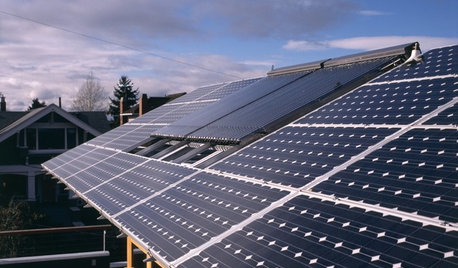
GREEN BUILDINGLet’s Clear Up Some Confusion About Solar Panels
Different panel types do different things. If you want solar energy for your home, get the basics here first
Full Story
ACCESSORIESGeology 101: A Craving for Coral-Inspired Design
This underwater beauty has inspired many interior designs. Here are 4 exciting and eco-friendly ways to use coral in your home
Full Story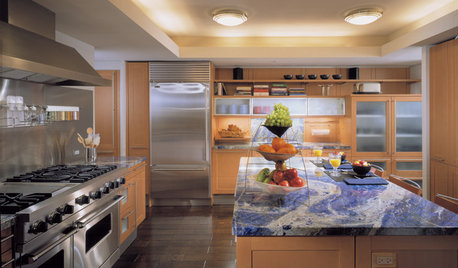
KITCHEN DESIGNAlternatives to Granite Countertops, Part II
Still looking for a new kind of countertop? Try sodalite, zinc, limestone, onyx and more
Full Story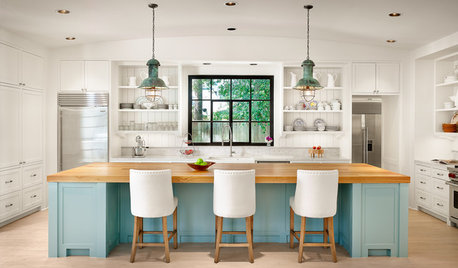
MOST POPULARHouzz TV: Let’s Go Island Hopping
Sit back and enjoy a little design daydreaming: 89 kitchen islands, with at least one for every style
Full Story
FUN HOUZZHouzz Call: Tell Us About Your Dream House
Let your home fantasy loose — the sky's the limit, and we want to hear all about it
Full Story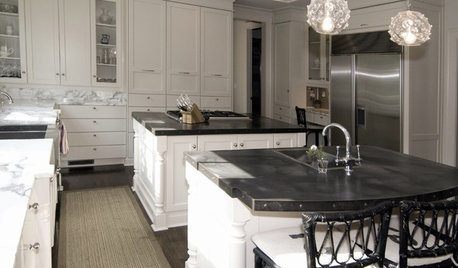
KITCHEN COUNTERTOPSKitchen Countertop Materials: 5 More Great Alternatives to Granite
Get a delightfully different look for your kitchen counters with lesser-known materials for a wide range of budgets
Full Story
LIFEHouzz Call: What Has Mom Taught You About Making a Home?
Whether your mother taught you to cook and clean or how to order takeout and let messes be, we'd like to hear about it
Full Story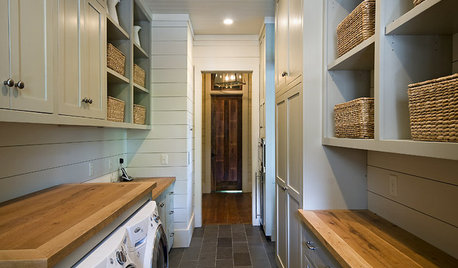
LIFE3 Ways to Get Unstuck — About Organizing, Decorating, Whatever
Break out of the do-nothing rut to accomplish your goals, whether at home or in other parts of your life
Full Story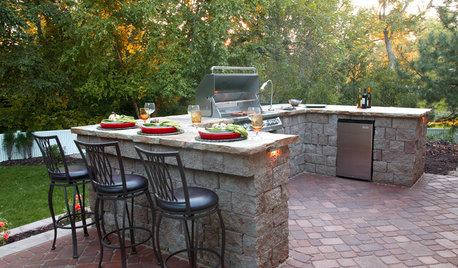
OUTDOOR KITCHENSYour Guide to Grills and More for Great Outdoor Cooking
Learn the pros and cons of gas versus charcoal grills, and about neat add-ons that let you do more
Full Story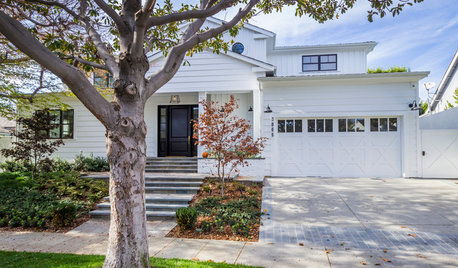
TRANSITIONAL HOMESHouzz Tour: Part Traditional, Part Modern and All Family Friendly
With clean lines, vintage touches and durable surfaces everywhere, this Los Angeles home balances tastes and needs beautifully
Full Story


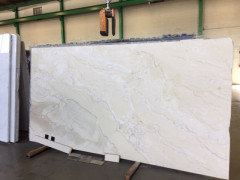
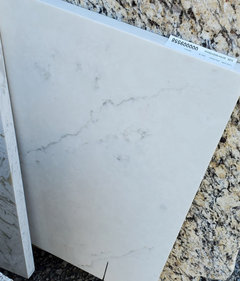
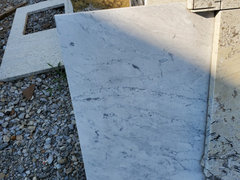
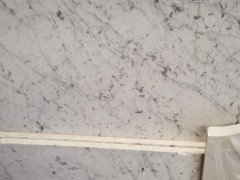
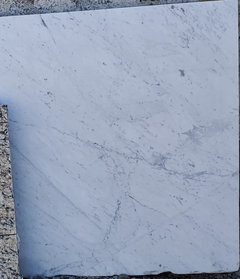


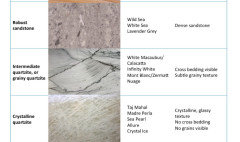
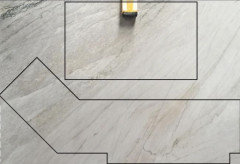
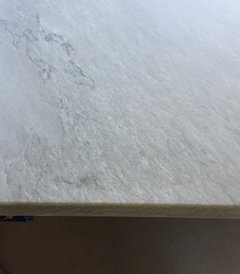
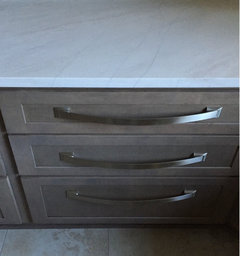
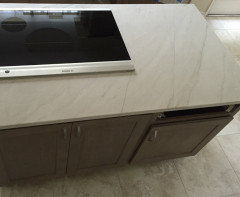
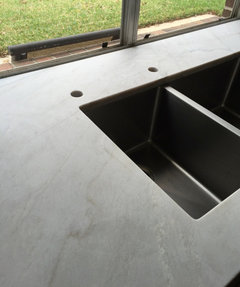

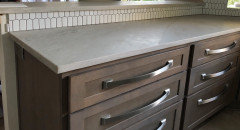
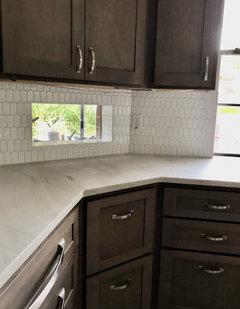


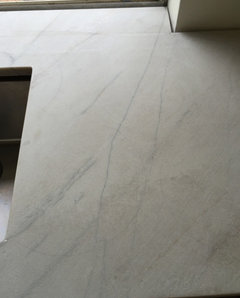
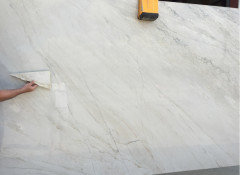
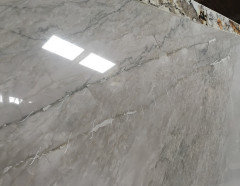
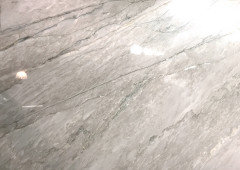
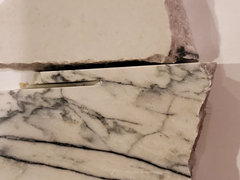
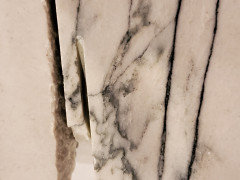
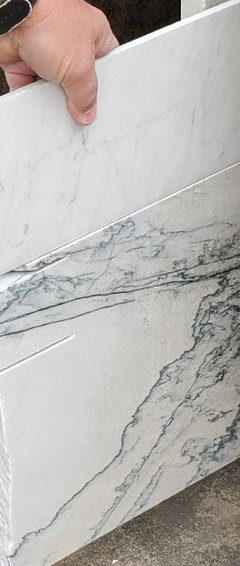
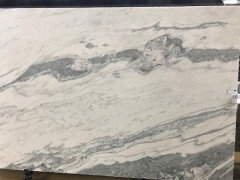

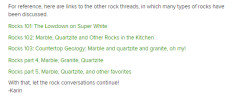
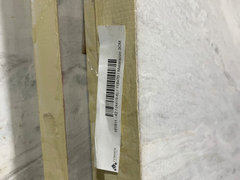
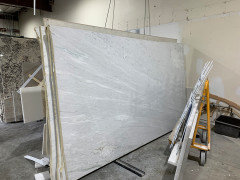
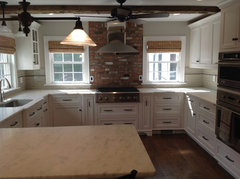
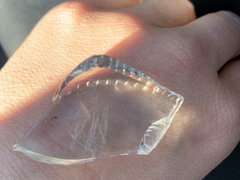
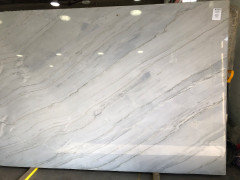
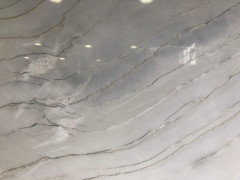
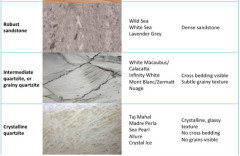
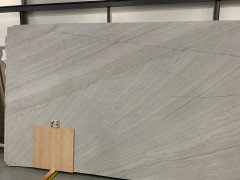

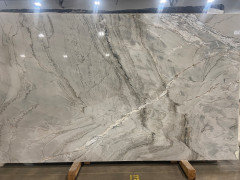

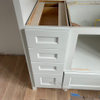
dessert-whisperer